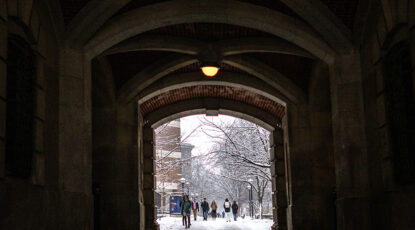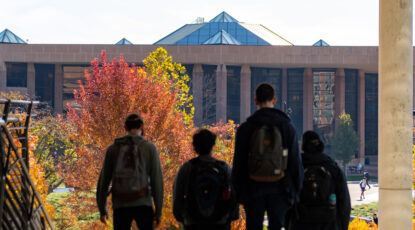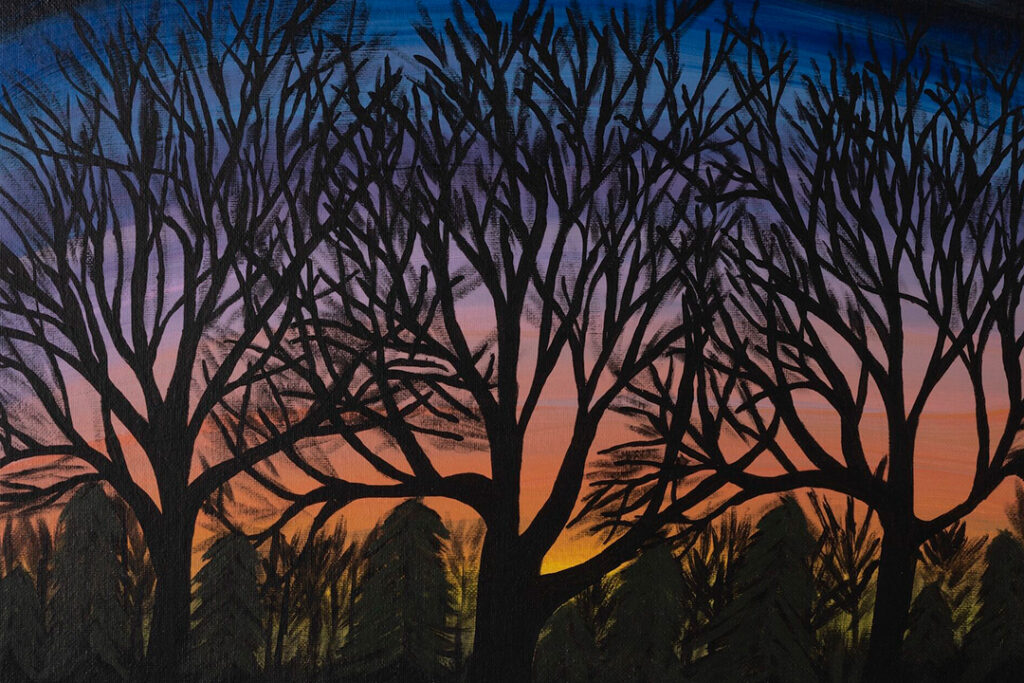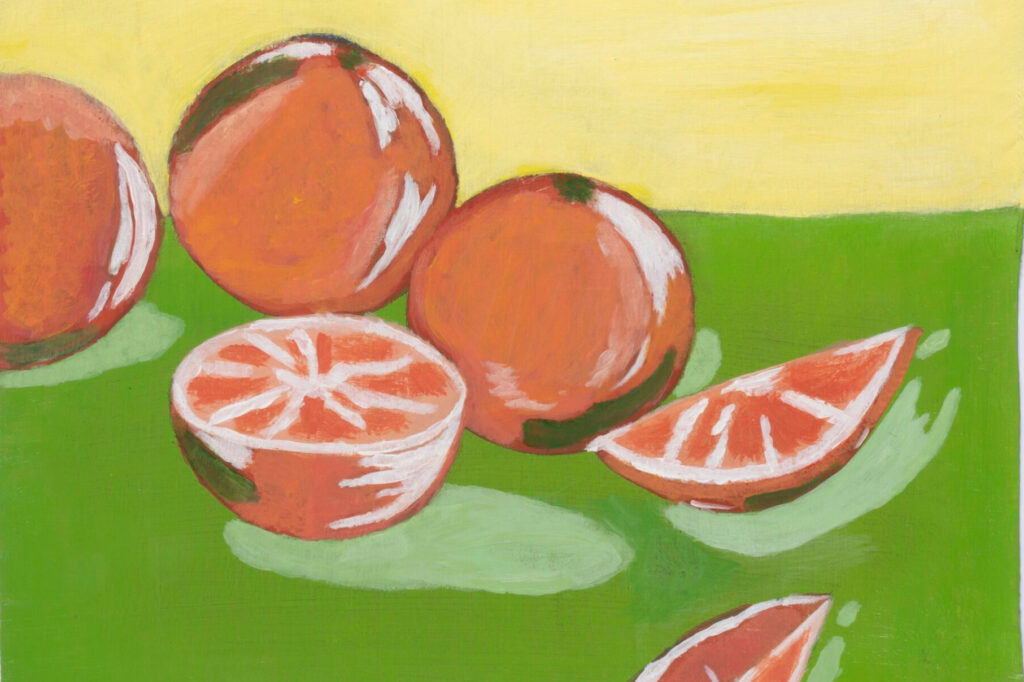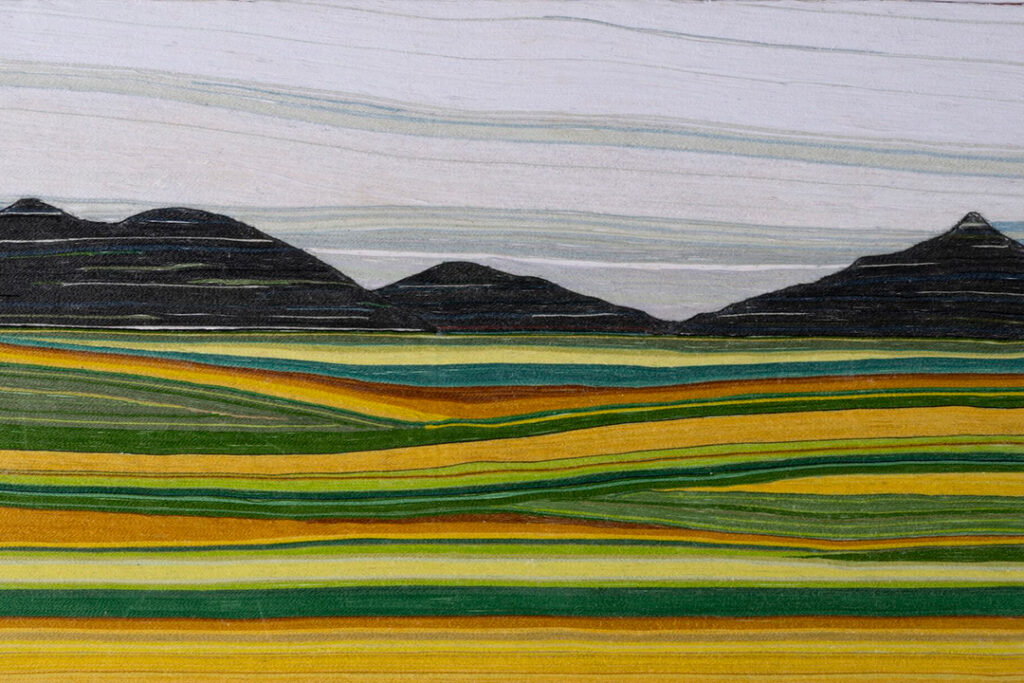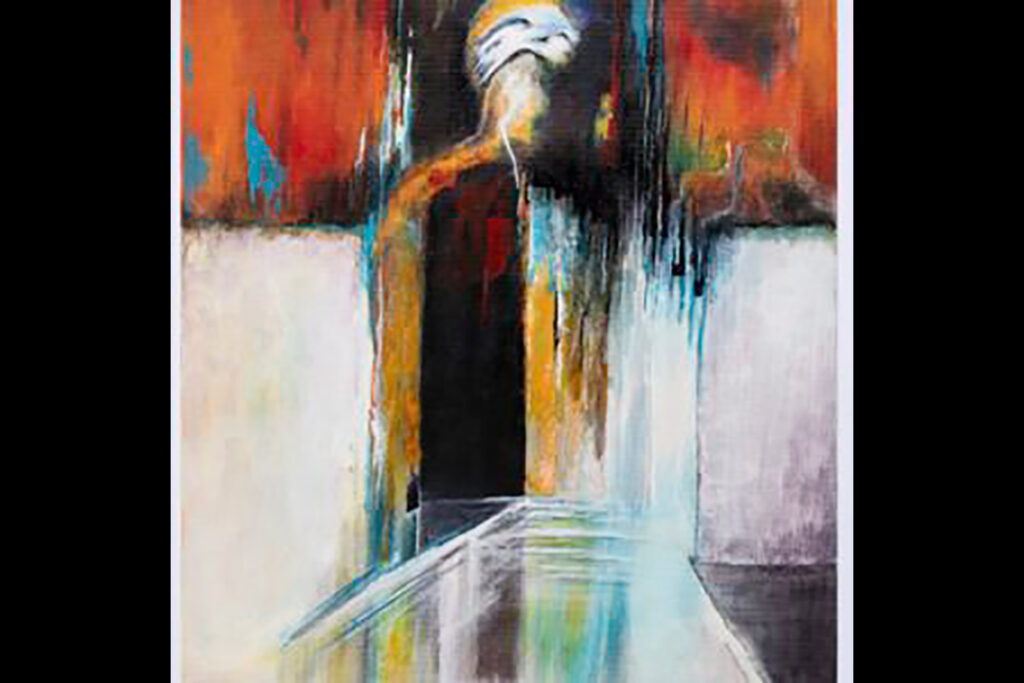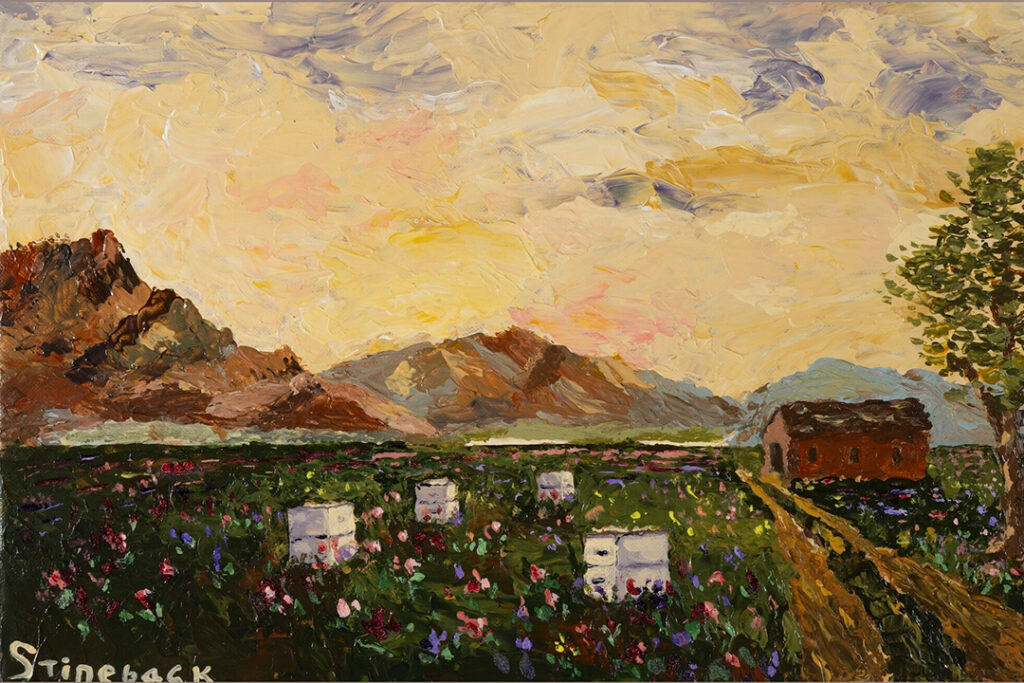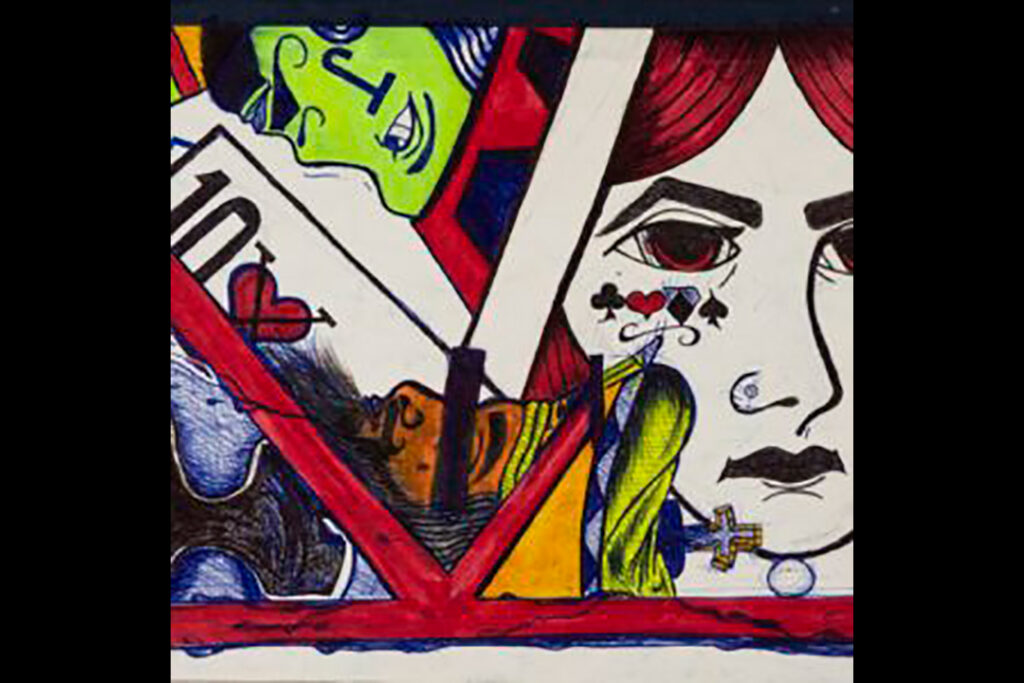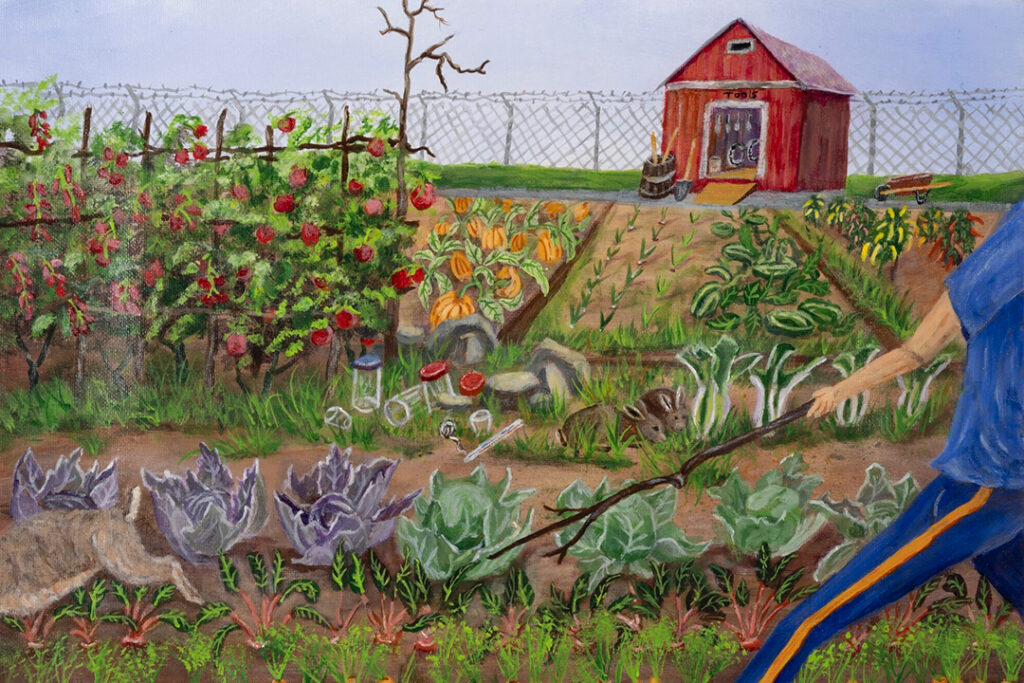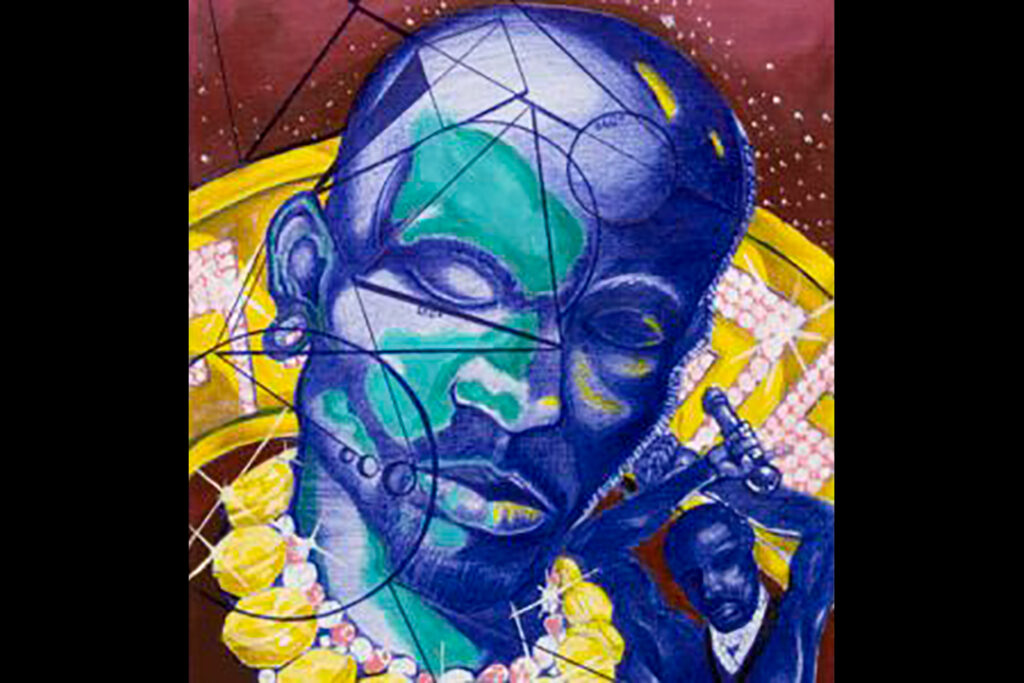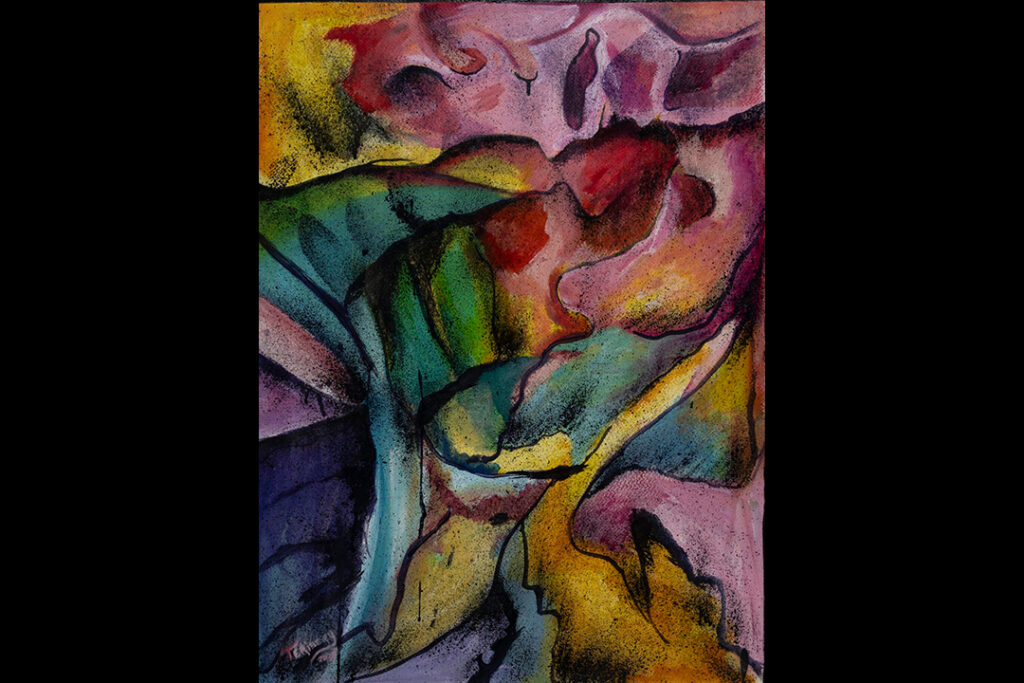The order that launched the Revolutionary War, 250 years later
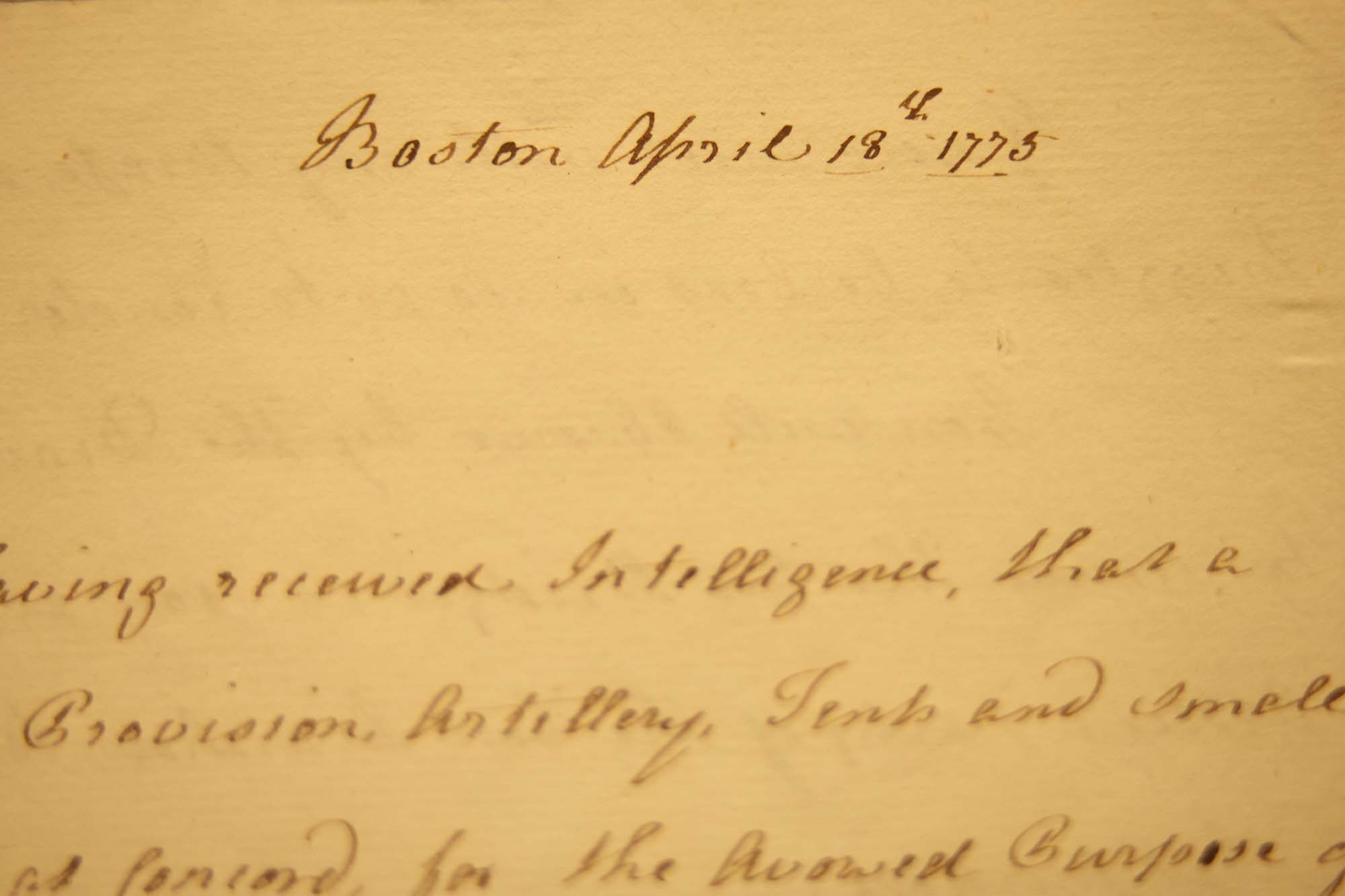
The ‘shot heard ’round the world’ can be traced to one manuscript containing the orders for the Concord Expedition on April 18, 1775. The quill-to-paper draft orders, penned by British Army officer Thomas Gage, sparked the Battle at Lexington and Concord the following day. U-M’s Clements Library holds the document.
-
Making desalination more eco-friendly: New membranes could help eliminate brine waste
Desalination plants, a major and growing source of freshwater in dry regions, could produce less harmful waste using electricity and new membranes made at the University of Michigan.
-
Why a next-gen semiconductor doesn’t fall to pieces
A new class of semiconductors that can store information in electric fields could enable computers that run on less power, sensors with quantum precision, and the conversion of signals between electrical, optical and acoustic forms. But how they maintained two opposite electric polarizations in the same material was a mystery. Until now.
-
Clements Library acquires vast collection related to industrial engineering history
The Robert M. Vogel Collection of Historic Images of Engineering & Industry includes nearly 23,000 photographs of civil engineering, industrial processes, and mechanization of the 19th century, as well as over 1,200 prints, books, ephemera and realia.
-
U-M announces important changes to DEI programs
The changes, outlined in a March 27 email message from University leaders to the Ann Arbor and Michigan Medicine communities, include closing the Office of Diversity, Equity and Inclusion and the Office for Health Equity and Inclusion as well as discontinuing the DEI 2.0 Strategic Plan.
-
If you know, you know. Or do you?
People who lack expertise often lack the expertise to know just how much expertise they lack, says U-M psychologist David Dunning. Even AI suffers the effect. While ChatGPT is designed to provide an answer, it is unable to figure out whether it’s the right answer, he says.
-
The Futurist: Duderstadt and the Media Union
His initiatives spanned the entire U-M campus. But James J. Duderstadt’s vision of higher education’s future — or, more accurately, his ideas for how to bring that future about — came into focus in a single building that rose at the center of North Campus during his U-M presidency. Welcome to the ‘Dude.’
Columns
-
President's Message
Reaffirming our focus on student access and opportunity
U-M seeks to ensure every student will rise, achieve, and fulfill their dreams. -
Editor's Blog
Peace out
It's a mad, mad, mad, mad world out there. -
Climate Blue
Keeping our focus on climate
As federal support for climate science wanes, Ricky Rood remains hopeful. -
Health Yourself
Are you an ‘ager’ or a ‘youther’?
Why do some people appear younger or older than people born in the same year?
Listen & Subscribe
-

MGo Blue podcasts
Explore the Michigan Athletics series "In the Trenches," "On the Block," and "Conqu'ring Heroes." -

Michigan Ross Podcasts
Check out the series "Business and Society," "Business Beyond Usual," "Working for the Weekend," and "Down to Business." -
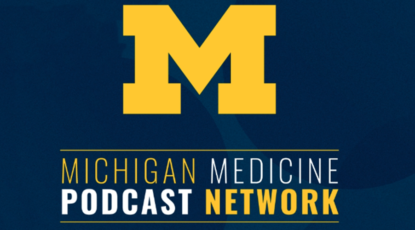
Michigan Medicine Podcasts
Hear audio series, news, and stories about the future of health care.
In the news
- USA Today US consumer sentiment and expectations fall again in April as tariff uncertainty continues
- CNN Beyond Ivy League, RFK Jr.'s NIH slashed science funding across states that backed Trump
- Detroit Free Press Inflation is slowing. Wages are up. So why does life feel costly for many Michiganders?
Creativity and connection across prison walls
One of the world’s largest and longest-running exhibitions of incarcerated artists is back with new programming designed to foster connection and deepen public understanding of incarceration in Michigan. The 29th annual Exhibition of Artists in Michigan Prisons, curated by U-M’s Prison Creative Arts Project, showcases 772 artworks by 538 artists incarcerated in 26 state prisons. The Duderstadt Center Gallery on U-M’s North Campus is presenting the artwork through April 1.



